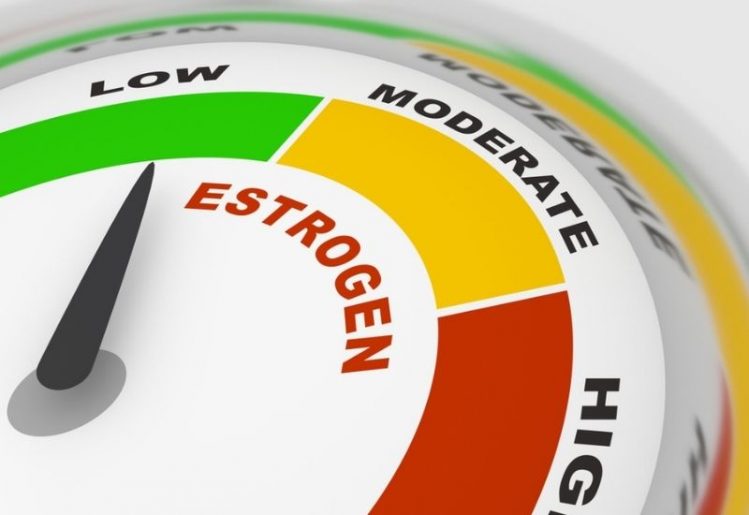Menopause is a natural part of the aging process for women. If you’re a woman, empowering yourself to learn more about this significant biological transition and the symptoms associated with it can help you to navigate this season of life. Understanding the symptoms of menopause and how to treat them is crucial to a woman’s physical and emotional well-being. Here are some important facts about the changes that occur during menopause and how you can control the often challenging symptoms associated with this transition.
What is Menopause?
 During the biological transition of menopause, a woman stops getting her menstrual period while going through a host of other physical changes in the body. The entire process lasts an average of seven years, however, this can vary greatly between women. Most women transition into menopause between the ages of 45 and 55 years.
During the biological transition of menopause, a woman stops getting her menstrual period while going through a host of other physical changes in the body. The entire process lasts an average of seven years, however, this can vary greatly between women. Most women transition into menopause between the ages of 45 and 55 years.
A woman is clinically defined as entering menopause when they have not had a menstrual period in 12 months. The period of time leading up to the end of the menstrual cycle is known as perimenopause. During perimenopause, a woman may begin to experience spotty periods, hot flashes and other changes to the body. The period of time after menopause is aptly referred to as the postmenopause stage.
Common Symptoms of Menopause
Everyone has heard of the notorious hot flashes that accompany menopause. Triggered by a change in hormone levels in the body, these hot flashes make a woman feel sweaty and flushed, particularly in the face and chest area.
Some of the other most common menopause symptoms include night sweats and breast tenderness. It is not unlikely for a woman to experience a decreased libido as this transition takes place. This decrease in sex drive is the result of a reduction in estrogen and testosterone.
Other women notice that they feel bloated more than usual as this change occurs. Weight gain and joint pain are a few of the other uncomfortable side effects of menopause. Because the various hormones specific to the female body also influence the gut microbiome, it is not unusual for women to notice changes in their digestive systems as they go through this change.
Lesser Known Symptoms of Menopause
In addition to the more common menopause symptoms, there are also a host of lesser-known symptoms that many people are not aware of. Because menopause may lead to a weakening of the pelvic floor muscles, some women struggle with incontinence during these years. This includes the frequent and sudden urge to urinate as well as embarrassing leakage. The reduction of estrogen levels in the body means that some women deal with uncomfortable vaginal dryness.
In addition to the reduction in estrogen causing dryness in the vaginal area, the mouth may also feel dry as this hormone drops. The lack of estrogen may also cause dryness in the skin, leading to flaky and itchy skin. Some women going through menopause may also suffer from an increase in allergy symptoms.
The symptoms of menopause do not stop with the physical inconveniences. Many women also experience a sense of isolation or sadness as they go through this major body and life change. It is important to seek help if you feel a sense of helplessness as you transition through menopause.
How to Treat Menopause Symptoms Naturally
While you cannot prevent your body from going through this natural change, there are things that you can do to treat some of the symptoms that accompany this time period.
Watch What You Eat
What you eat can have a profound effect on how your body deals with the side effects of menopause. Women going through this change need to be especially diligent about taking in enough calcium in order to mitigate the risk of developing osteoporosis. It is important to eat plenty of fresh fruits and vegetables while also focusing on eating an abundance of lean protein. Making these food groups the cornerstone of your diet will also help to combat the weight gain that often accompanies the onset of menopause.
 Choose the Right Supplements
Choose the Right Supplements
Even the healthiest diet may not offer adequate protection against the symptoms of menopause. Supplements are a powerful tool when looking to maintain a normal hormone balance in the body.
Get Moving
A commitment to exercising regularly can go a long way in combatting the effects of menopause. Regular exercise has been shown to alleviate some of the most common symptoms, including anxiety, fatigue and poor sleep patterns.
Focus on Hydration
As estrogen levels plummet during menopause, women need to be diligent about hydrating properly. Drinking enough water will help to reduce bloating and dryness throughout the body.


